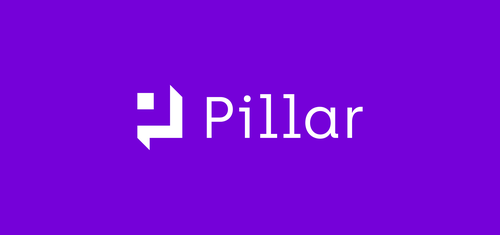
Pillar
Pillar is the only community-run, multichain DeFi wallet with one address, low-to-no gas fees, and in-app curated insights to help you ‘learn to earn’. Pillar is one place for your tokens, NFTs, dApps and DeFi services. Easily connect to Ethereum, Polygon, xDai, Binance Smart Chain, and more.
PoC Required
Rewards
Rewards by Threat Level
Rewards are distributed according to the impact of the vulnerability based on the Immunefi Vulnerability Severity Classification System V2.2. This is a simplified 5-level scale, with separate scales for websites/apps and smart contracts/blockchains, encompassing everything from consequence of exploitation to privilege required to likelihood of a successful exploit.
All bug reports must come with a PoC with an end-effect impacting an asset-in-scope in order to be considered for a reward. Explanations and statements are not accepted as PoC and code is required.
Payouts are handled by the Pillar team directly and are denominated in USD. However, payouts are done in USDC (on Polygon).
Program Overview
Pillar is the only community-run, multichain DeFi wallet with one address, low-to-no gas fees, and in-app curated insights to help you ‘learn to earn’. Pillar is one place for your tokens, NFTs, dApps and DeFi services. Easily connect to Ethereum, Polygon, xDai, Binance Smart Chain, and more.
For more information about Pillar, please visit https://www.pillar.fi/.
This bug bounty program is focused on their smart contracts and is focused on preventing:
- Loss of user funds staked (principal) by freezing or theft.
- Ability to mint membership NFTs without the corresponding stake of Pillar tokens.
- Withdrawing more funds than what is staked.
- Temporary freezing of funds for at least 1 day.
- Withdrawing of funds before the completion of staking term.
KYC not required
No KYC information is required for payout processing.
Proof of Concept
Proof of concept is always required for all severities.
Prohibited Activities
- Any testing on mainnet or public testnet deployed code; all testing should be done on local-forks of either public testnet or mainnet
- Any testing with pricing oracles or third-party smart contracts
- Attempting phishing or other social engineering attacks against our employees and/or customers
- Any testing with third-party systems and applications (e.g. browser extensions) as well as websites (e.g. SSO providers, advertising networks)
- Any denial of service attacks that are executed against project assets
- Automated testing of services that generates significant amounts of traffic
- Public disclosure of an unpatched vulnerability in an embargoed bounty
- Any other actions prohibited by the Immunefi Rules
Feasibility Limitations
The project may be receiving reports that are valid (the bug and attack vector are real) and cite assets and impacts that are in scope, but there may be obstacles or barriers to executing the attack in the real world. In other words, there is a question about how feasible the attack really is. Conversely, there may also be mitigation measures that projects can take to prevent the impact of the bug, which are not feasible or would require unconventional action and hence, should not be used as reasons for downgrading a bug's severity.
Therefore, Immunefi has developed a set of feasibility limitation standards which by default states what security researchers, as well as projects, can or cannot cite when reviewing a bug report.

